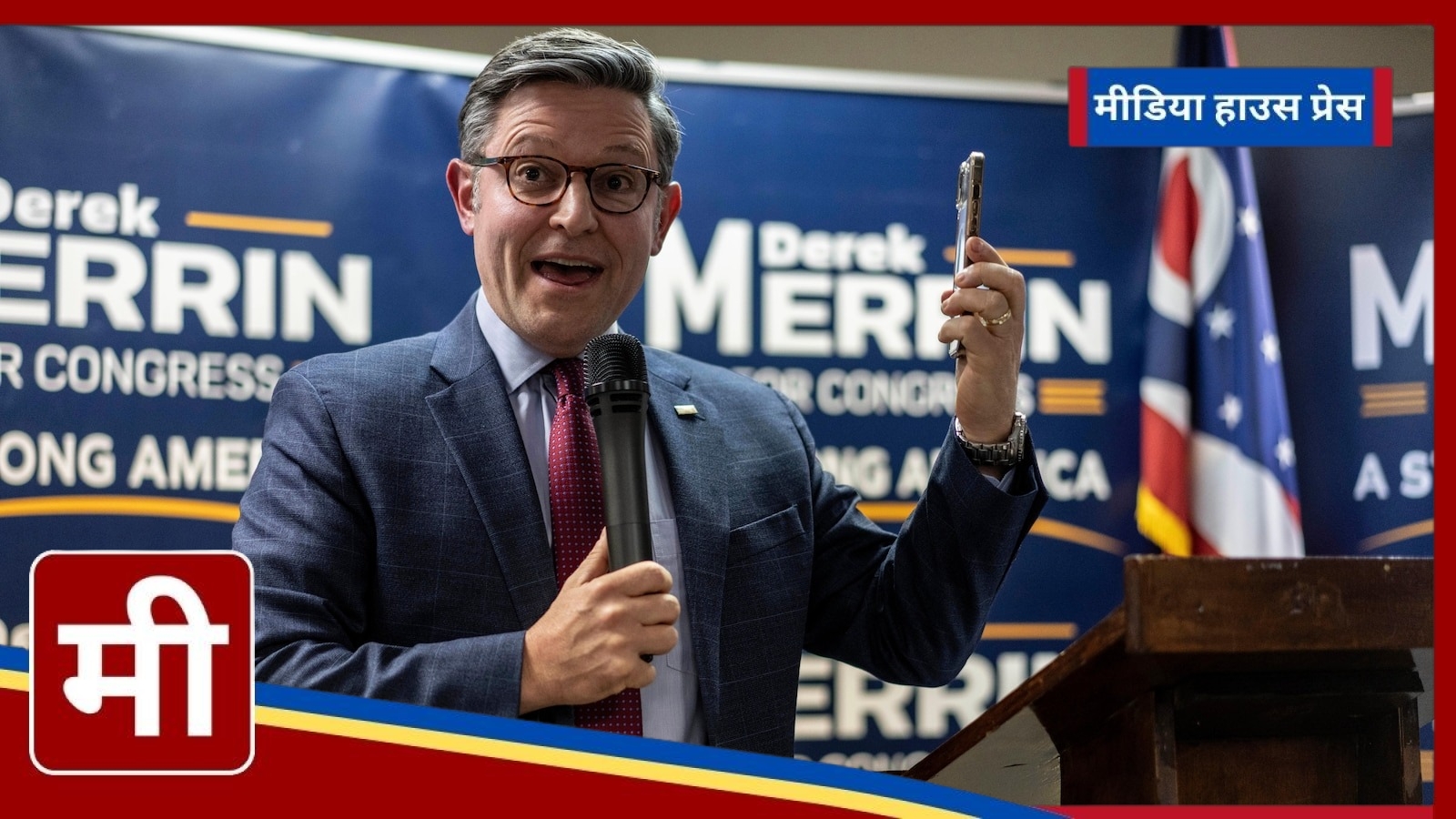GOP Leadership and Legislative Plans
When pressed by a reporter about the GOP’s intentions regarding the CHIPS Act, which was previously criticized by former President Donald Trump, Johnson responded, “I hope we will probably do that, but we have not yet developed that part of the agenda.” His remarks drew immediate backlash from Democrats, who argued that such actions would reflect an aggressive conservative agenda intent on dismantling popular government initiatives that have significantly contributed to job growth.
The Biden administration has touted the CHIPS Act, which includes a $54 billion investment in the semiconductor manufacturing industry, as pivotal for the economy, claiming it will generate hundreds of thousands of jobs. Vice President Kamala Harris has pointed to the legislation as evidence that Democrats are equipped to handle the nation’s economic challenges.
Clarifications and Political Fallout
After facing criticism for his initial comments, Johnson quickly backtracked, clarifying that while he had previously voted against the CHIPS Act, his focus would be on “streamlining” it rather than outright repealing it. In a statement, he remarked that the act’s primary objectives could be “streamlined and improved” by eliminating costly regulations and requirements associated with the Green New Deal.
This incident is not the first time Johnson has had to clarify his statements. Earlier this week, he faced backlash for expressing a desire to “take a hard look at the regulatory state” and suggested significant changes to the Affordable Care Act, only to later state that repealing it was “not on the table.”
Concerns Over Job Impact in Key Districts
The timing of Johnson’s remarks is critical, as he was campaigning for New York Representative Brandon Williams, who supports the CHIPS Act and is seeking to bring a $6.1 billion grant from the act to his district. Williams later stated that Johnson apologized for the misunderstanding regarding the potential repeal, indicating that the Speaker may have misheard the question.
New York Governor Kathy Hochul responded firmly to Johnson’s comments, warning that threats to repeal the CHIPS Act could jeopardize over 50,000 high-paying jobs in upstate New York and endanger a projected $231 billion in economic growth nationwide.
Democrats see Johnson’s comments as a potential rallying point to energize working-class voters in key regions that depend on manufacturing jobs. Harris recently visited a semiconductor factory in Saginaw, Michigan, underscoring the administration’s commitment to job creation in the manufacturing sector.
Legislative and Economic Implications
In response to Johnson’s statements, a spokesperson for Harris emphasized the importance of ensuring that Republicans do not have the opportunity to dismantle legislation that fosters job creation and saves taxpayer money. The CHIPS Act has already provided $30 billion to support 23 projects across 15 states, creating approximately 115,000 manufacturing and construction jobs, significantly boosting the U.S. semiconductor industry’s capabilities.
As the political landscape shifts and midterm elections approach, Johnson’s comments reflect broader tensions within the Republican Party as it navigates its messaging around critical economic policies. The fate of the CHIPS Act, and by extension the jobs it supports, may hang in the balance as both parties prepare for an election season that could redefine their approach to economic growth and job creation.

